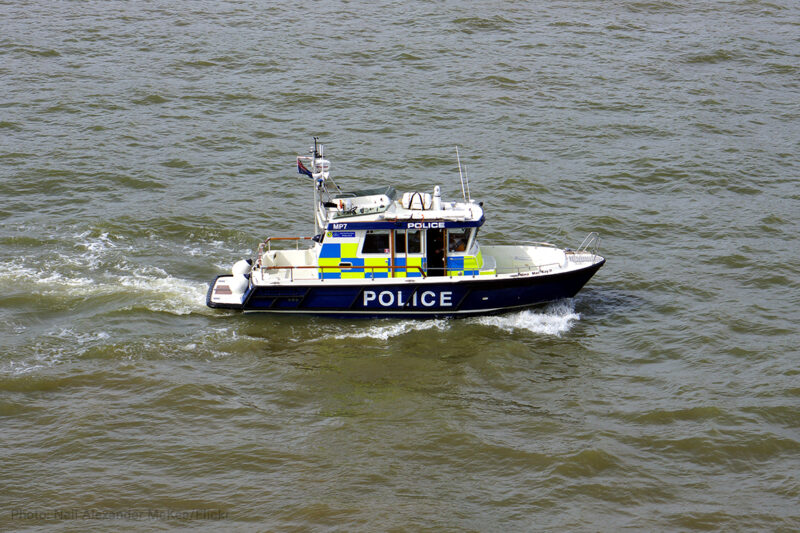
On a pleasant May evening in 2016, Fred Karash and four friends were enjoying a boat trip on Lake Erie when, without warning, they were stopped by law enforcement officers and detained for more than an hour while the officers searched Fred’s 23-foot cabin cruiser.
The officers, who admitted they had no reason to suspect the boaters had violated any law or regulation, claimed authority under state law to search any boat at any time on any Pennsylvania waterway to conduct a “safety inspection.”
But that sort of unfettered discretion violates the Fourth Amendment, which protects against unwarranted and even vindictive government incursions upon our privacy by requiring that authorities have probable cause to search someone’s home or property. That safeguard, as the Pennsylvania Supreme Court has recognized, “is second to none in its importance in delineating the dignity of the individual living in a free society.”
After an hour of tearing through Fred’s boat to check that he had all the required safety equipment on board, the officers discovered that he was short one required life jacket and issued him a $75 fine.
Rather than simply paying the citation, Fred challenged the search of his boat as unconstitutional and argued that the evidence of the missing life jacket should be suppressed. Fred represented himself through three levels of court proceedings until he finally won in front of the Pennsylvania Superior Court.
But the fight didn’t end there.
The Pennsylvania Fish and Boat Commission, alarmed that the Superior Court decision would curtail their unfettered discretion to search any boat on Pennsylvania’s waterways at any time, asked the entire Superior Court to hear the case. The court agreed, meaning that the original decision of the three-judge panel was vacated and a nine-judge panel of the court would hear the case.
When the nine-judge panel heard argument in Fred’s case on Wednesday, he was represented by the ACLU. We argued that the random, suspicionless search of Fred’s boat violated his rights under the U.S. and Pennsylvania Constitutions because it did not meet any of the recognized exceptions to the requirement that police have a warrant signed by a judge before conducting a search of a person, their home, or their property.
We pointed out that the Supreme Courts of the United States and Pennsylvania have long held that random, suspicionless stops of cars are unconstitutional, unless they have a public-safety purpose and are carried out in a systematic manner with pre-established guidelines. That is why drunk-driving checkpoints in which police stop all cars to check for evidence of impairment are constitutional but randomly pulling over drivers is not.
Although the Fish and Boat Commission argued that the power to conduct random, suspicionless searches is necessary to achieve its interest in boater safety, it failed to offer any evidence that it could not meet its safety interests using means that are less intrusive on boaters’ privacy, such as checkpoints.
The authority being asserted by the Fish and Boat Commission to search any boat, any time on any Pennsylvania waterway is unprecedented in its scope and undoubtedly arbitrary in its application. But it had also gone unchallenged until Fred came along.
As one judge noted during the argument, few people are going to hire a lawyer to fight a $75 fine. Fred’s case conveys an important message: Protecting individual privacy against arbitrary intrusions by the state is important no matter the amount of money at stake. It is essential to liberty itself.

